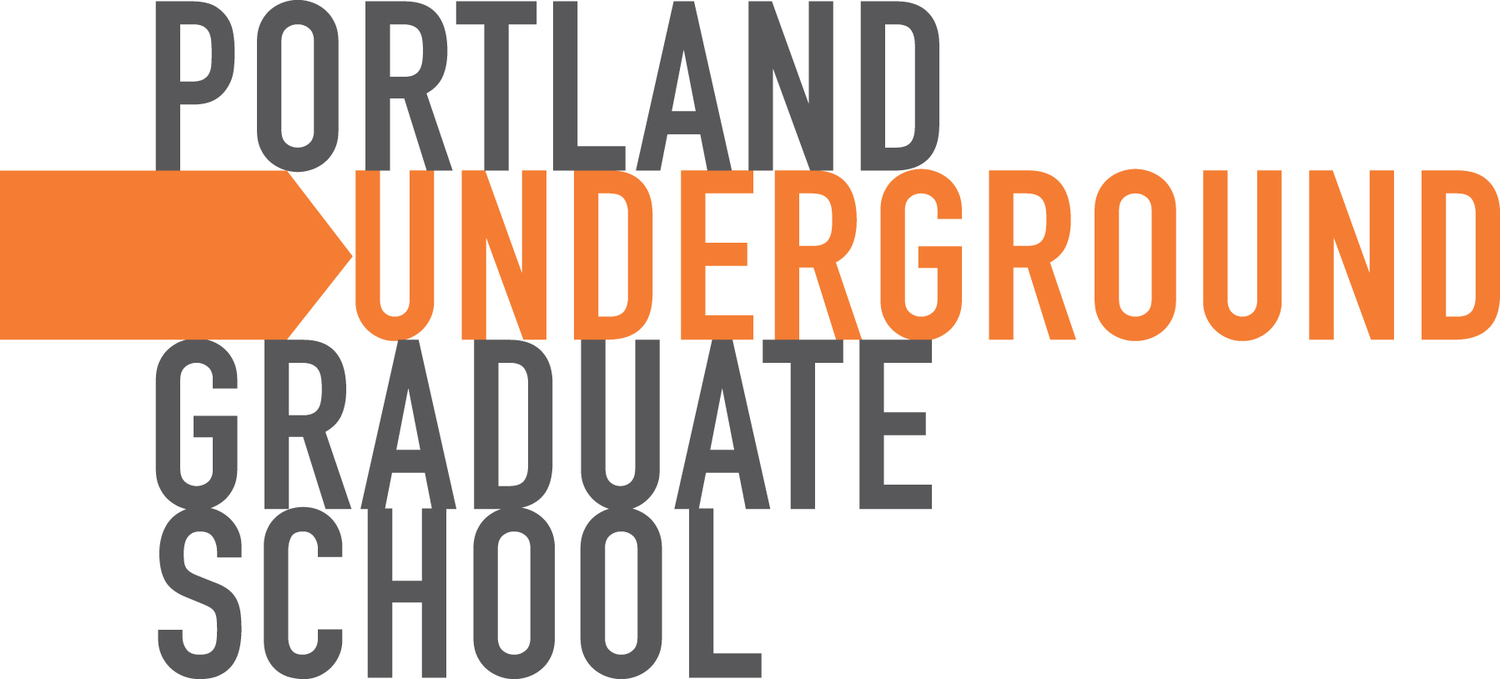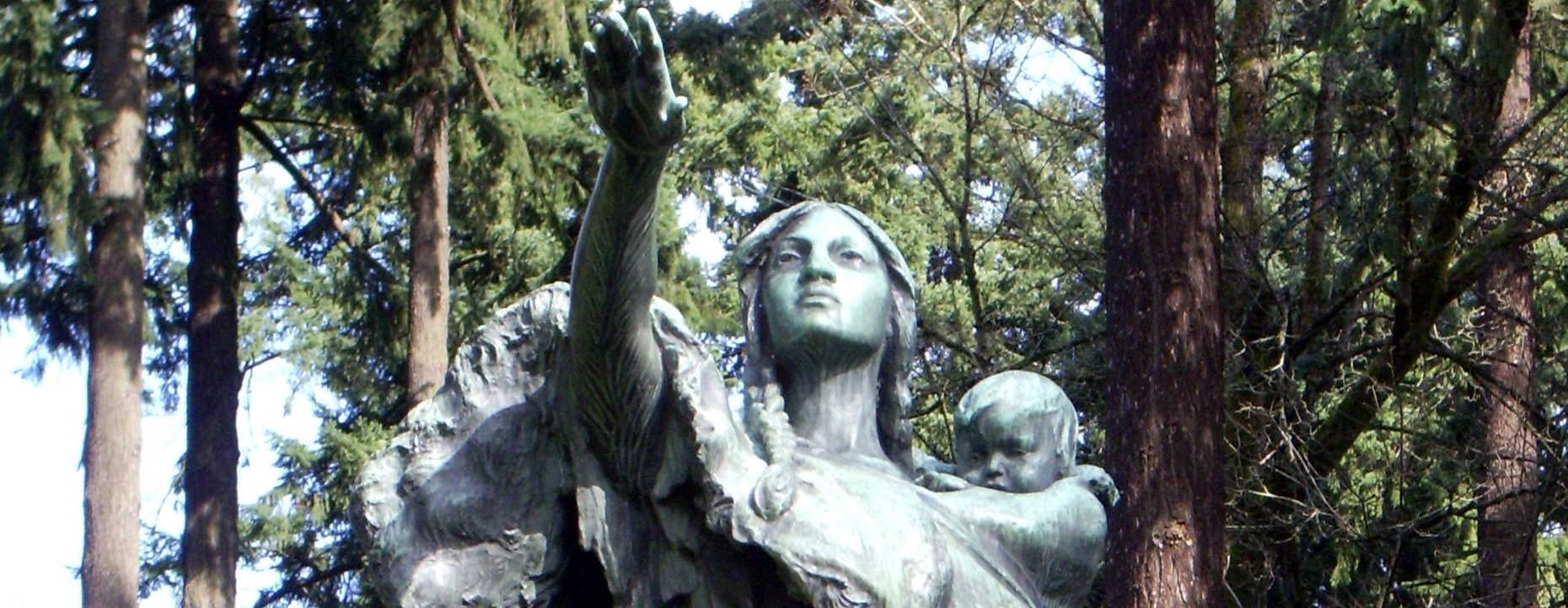How to Ally with Portland's Urban Native Americans
Taught by Christine Dupres (Cowlitz/Cree), Ph.D.
How to Ally with Portland's Urban Native Americans
Taught by Christine Dupres
Mondays, October 3-24 || 6:00-8:00
Marrow PDX || 7515 N Alma Ave.
4 weeks, $150 || Space is limited
Native Americans face tricky sociopolitical and structural inequities in today's Portland. What does it mean to be an ally? Explore the issues impacting Native Americans, as well as the history behind them, and gain a language for supporting the lives and cultures of Native people. This experimental, silly, and interactive class will crush stereotypes and raise hell. In a fun way! You will finish this course better informed and better equipped to be part of a better future for Native Americans.
Week 1: The Context for Urban Natives of Portland
Who are we? Where are we? What are we doing now? Understand the unique characteristics of Urban Indians compared to other nonwhite urban populations, and to their reservation counterparts. Learn about federal policy toward Native peoples like the Doctrine of Discovery and its role in US expansion. We'll look at Portland's Native Indians as a case study and consider the contemporary impact of policies upon Native people.
Week 2: Issues Facing Portland's Urban Native People
Using a recent report from the Coalition of Communities of Color, we will look at some of the data describing the inequities Portland's Native people face. We'll also look at historical precedents, such as the termination of Oregon Tribes and relocation of reservation peoples to cities in the 1950s.
Week 3: Quantum and other Quagmires: Let's Get Real
Is there an appropriate means to recognize and define just what and who is an Indian? To obtain federal recognition and protection, American Indians, must constantly prove their identity. The current and past standard of “proof” has been blood quantum. Explore the role of cultural identification, the uses of quantum on other racial groups, and possible alternatives.
Week 4: Brass Tacks: Being An Ally to Urban Natives
In our final class, we look at contemporary ideas of privilege, considering the complexities of intersectionality and grappling with the idea of “white fragility.” We'll find a language and a framework for being an ally.

